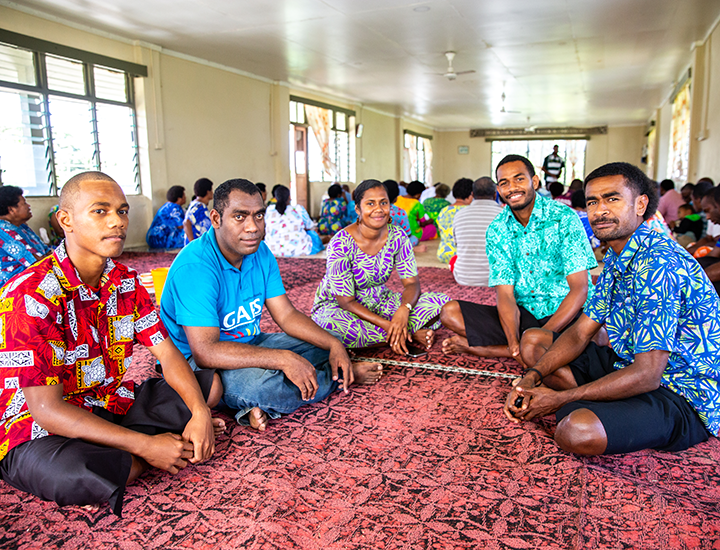Education is a right for all children including those with disability
Stories | January 22, 2024
Children with disabilities face many challenges, including access to inclusive education. With over half of the 65 million primary and secondary school-age children with disabilities across the globe out of school, the need for a more inclusive approach to education is clear.
Not only is inclusive and equitable education a right under the United Nations Convention of the Rights of Persons with Disabilities, and a goal under the 2030 Agenda for Sustainable Development, but it is a key way in which people living in poor communities can break out of the cycle of poverty.
In Ethiopia, close to 10 per cent of the country’s population live with some form of disability.
CBM Australia supported partners in Ethiopia on a community-based rehabilitation project which, among other things, supported access to inclusive education for children with disabilities.
Before the project, inclusive education was not well known, and no child with a disability was registered at any of the schools in the project area. However, over three years, community awareness-raising activities increased people’s understanding of disability issues and the need for children with disabilities to be able to access education that is suitable to their needs.
The project supported schools in the project area to become disability-inclusive, providing teaching material that was accessible to children with disabilities, supported school disability clubs with technology, and assisted in the construction of ramps and accessible toilets.
It also helped establish tailored classes for children with disabilities with teachers trained in inclusive education, mobilised government support and the donation of computers and built linkages with the education office, health centres, and relevant government departments.
By making schools accessible to children with disabilities, the number of children with disabilities enrolled in schools increased. In one project area alone, the number of children with disabilities enrolled in school increased from three to 33.
In fact, not only were children with disabilities now able to excel and compete with children without disabilities but the parents of children with disabilities themselves got involved by becoming members of the Parent Teacher Student Association. The success of the project resulted in one of the schools being nominated as a model of inclusive education that other schools could replicate and scale up.
As Ethiopia faced rising political disruption, ensuring children with disabilities were not forgotten during crises – whether this is Covid-19 or civil unrest – was critical because we knew that if a child gets an education, the benefits are lifelong, with the potential to positively impact future generations.
CBM acknowledges the support of the Australian Government through the Australian NGO Cooperation Program (ANCP)
https://www.cbm.org.au/stories/education-a-right-for-all-children-including-those-with-a-disability
Related Stories

Building a Just and Inclusive Future: Disability-Inclusive Disaster Risk Reduction and Climate Action
People with disabilities are among the hardest hit by...

Week 1 – Lent series 2025
Being held by Jesus…held together by Jesus, invites us to lean into solidarity. As we begin Lent today, we will be reflecting on the theme...

Five things organisations should think about when supporting OPDs in capacity strengthening
Strengthening the capacity of organisations of people with disabilities...
